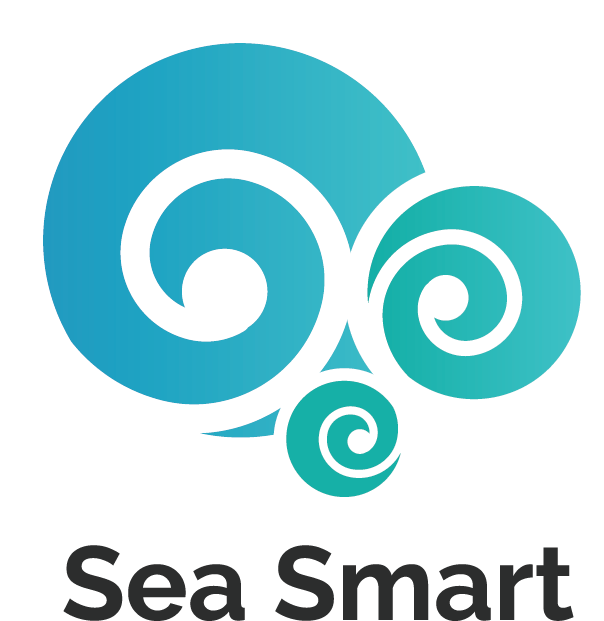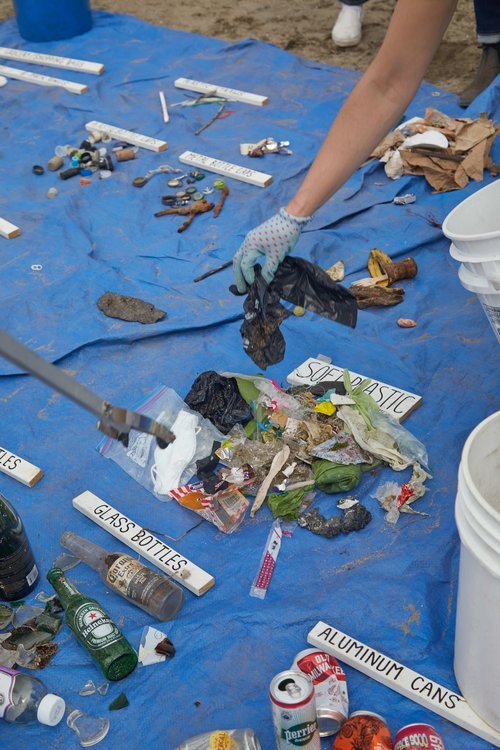Join Us For Plastic Free July!
What is Plastic Free July?
Started in 2011 by Rebecca Prince-Ruiz and a small group of motivated people in Western Australia, Plastic Free July is now one of the biggest global movements designed to encourage people to reduce the amount of plastic that they use during the month of July. More than 326 million people take part from 177 countries. Many of them choose to keep taking steps towards making their lives plastic-free after July, because reducing plastic waste is a year-round effort.
Plastic Free July provides resources and ideas to help you learn how to reduce your single-use plastic consumption. There are many small steps every one of us can make, such as taking your own reusable cup to the local café instead of buying a takeaway coffee cup, using cloth shopping bags at the supermarket instead of plastic bags, choosing bar soaps instead of liquid soap in plastic containers, or avoiding buying bottled water or sodas.
Why is it important to reduce plastics in the ocean?
Plastic pollution in our ocean is a global problem. According to the International Union for Conservation of Nature, at least 8 million tons of plastic end up in the ocean every single year. That is equivalent to one five-ton truck of plastic being dumped into the ocean every single minute, of every hour, of every day.
Plastics are often mistaken for food by sea animals, small and big. When animals as small as zooplankton eat plastic, it gets passed up the food web to larger and larger sea creatures, often severely damaging their digestive systems. The impacts can even be seen in some seafood that humans eat.
Plastic can also entangle animals. There have been many reports of whales caught in discarded fishing nets, which can impede their ability to swim. Seals and sea lions can become ensnared in plastic, especially plastic strapping tape, which cuts into the animal as it grows. Sea birds are also especially prone to becoming tangled in fish lines and nets, as they try to catch the fish. These birds may end up drowning.
Our oceans are filled with plastic. At Sea Smart shoreline cleanups, we work with community members and corporate partners to clean up the ocean - one piece of garbage at a time.
What can you do?
Although the problem of plastic in our oceans sounds insurmountable, there are many steps we can all take.
Join the Plastic Free July global campaign! Become an ocean hero by signing up to take the Plastic Free July Challenge.
Learn more about plastics in our oceans! Watch Sea Smart’s Ocean Trash Talk, available in French and English.
Organize your own shoreline clean up or join up with others doing a clean up.
Each of us can make small changes to our lifestyles and consumer choices to reduce the amount of plastic we use on a daily basis – and to reduce the amount of plastic that ends up in our oceans.
What will you do for Plastic Free July?




